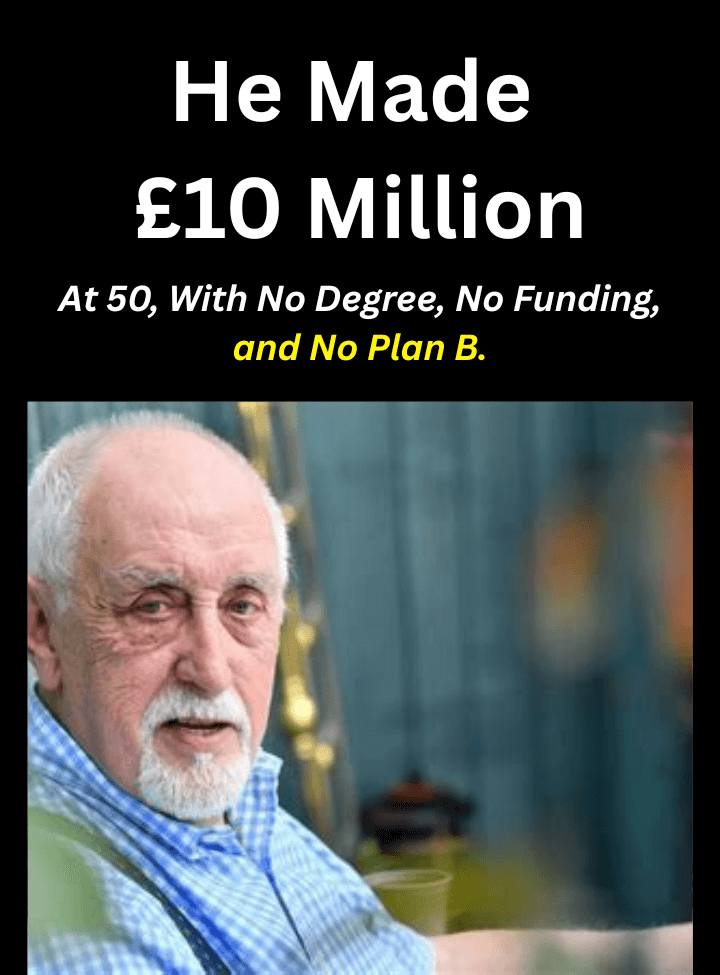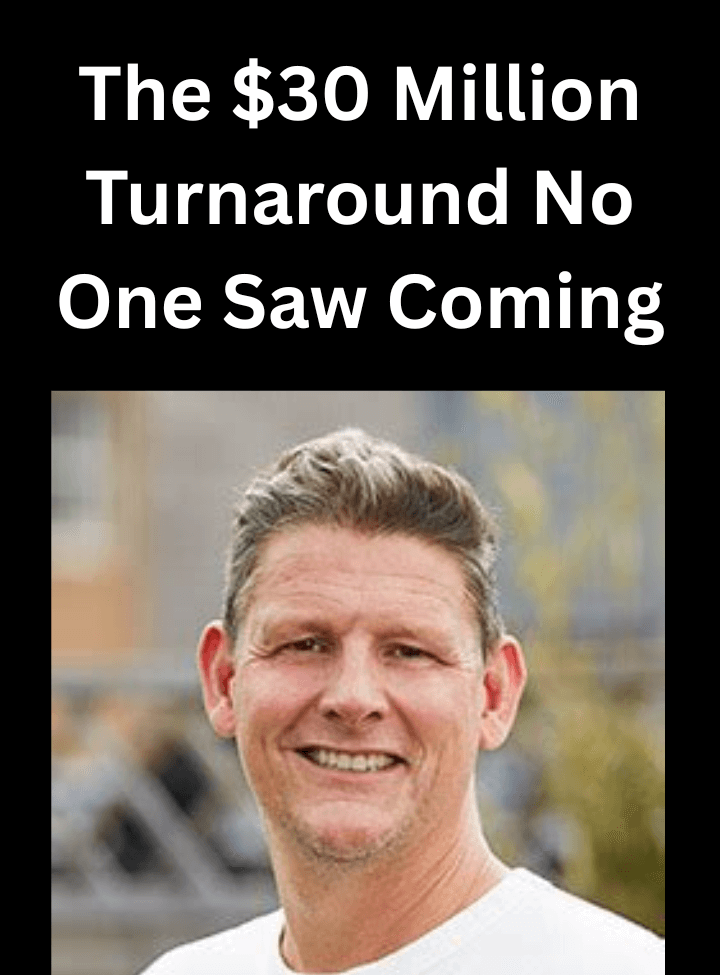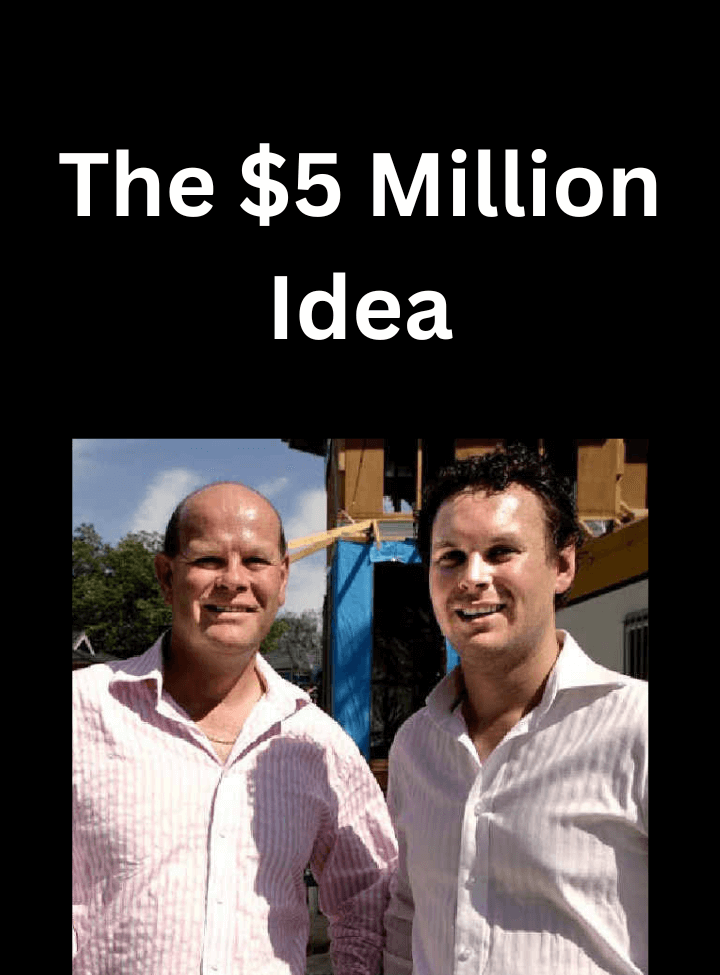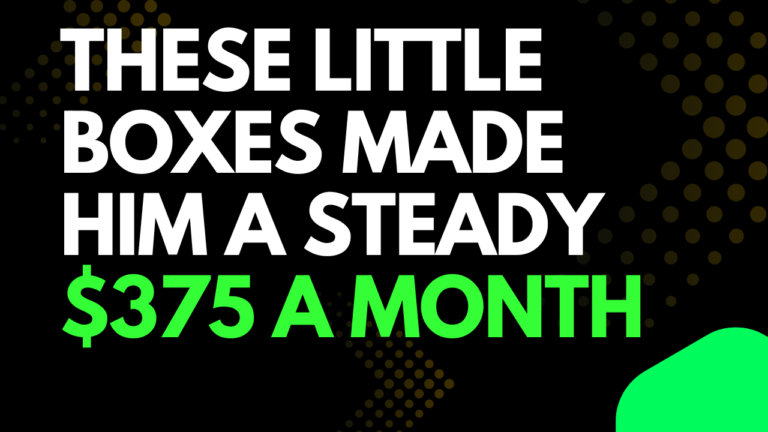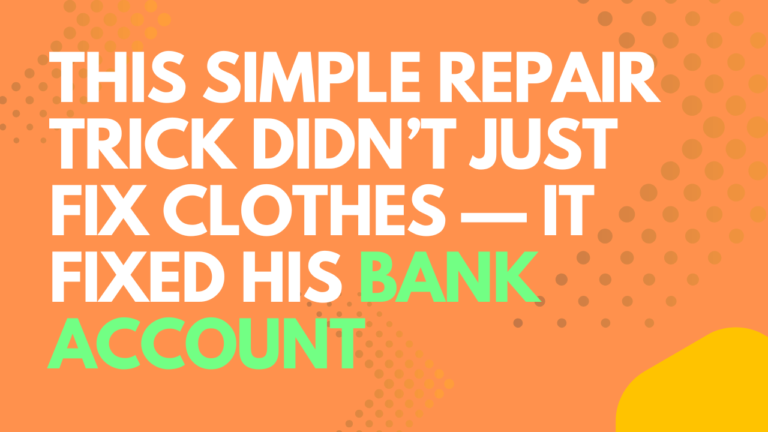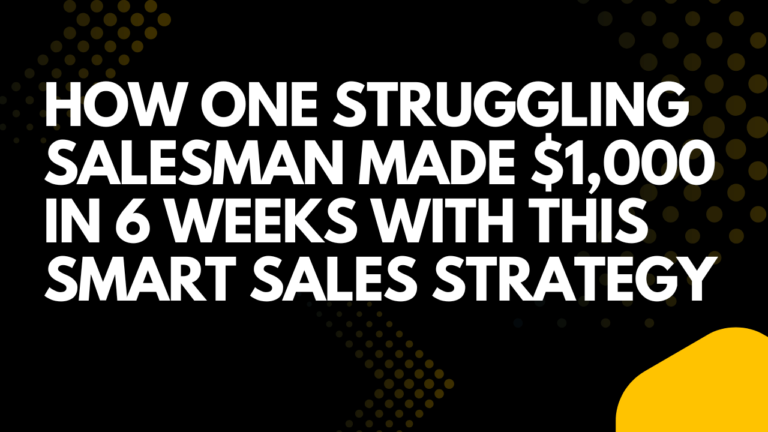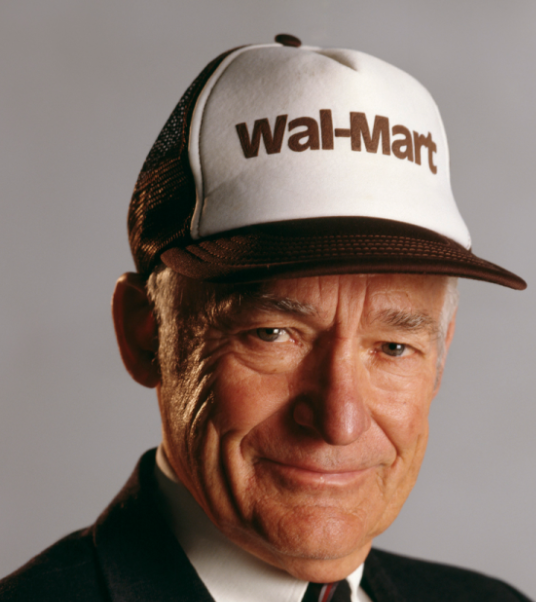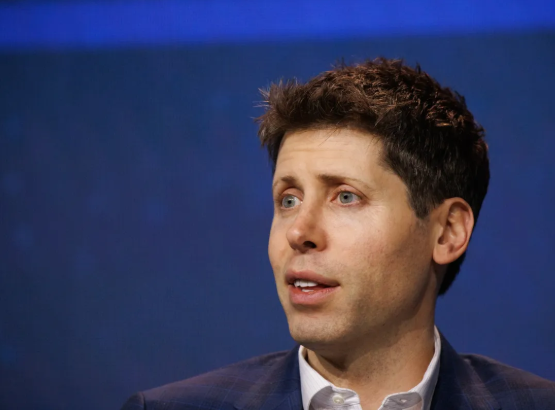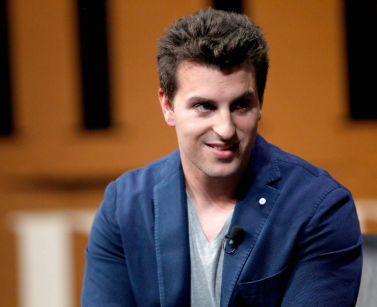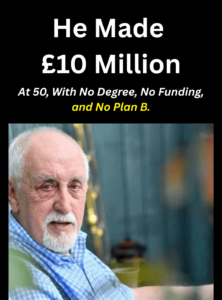
He Made £10 Million
At 50, With No Degree, No Funding, and No Plan B.
A Humble Start
Raised on a council estate in Cardiff, John Mudd left school at 15. He never went to university. Instead, he went straight to work as a fruit market porter, then a bakery delivery driver. It wasn’t glamorous, but it was honest work.
He discovered his gift for sales early, selling sausages and cakes from a van. That knack eventually earned him a job at Smiths Crisps, one of the biggest names in the snack world at the time. Over 15 years, he climbed the ranks from van driver to area sales manager a significant leap for someone without a degree.
“For the first time, I had a boss who saw potential in me,” Mudd later recalled.
“He gave me a suit and a chance. That was all I needed.”
A Rejected Idea Becomes His Mission
In 1987, Mudd joined Bensons Crisps as marketing manager. One of his ideas traditional, hand-cooked crisps for pubs was shot down by the company’s board. But he couldn’t let it go.
He believed in the concept so much that he began developing it in secret staying late at the office, crafting a business plan no one knew about.
“People thought I was working late. I was but for myself.”
With no degree, no safety net, and no investors lined up, John Mudd did the unthinkable: in his early 50s, he quit.
Building The Real Crisps Company
He named the business The Real Crisps Company, after his two daughters, Rebecca and Rachel. He started with £135,000 in scraped-together funds, including his £25,000 severance and a £100,000 bank loan. He leased a small factory in Wales and launched in 1997, with just three employees and second-hand equipment.
The first two years were brutal:
- Long hours: 7 days a week, 15 hours a day
- Product issues: crisps were too oily, and early customers walked
- Financial pressure: most of the money went into machinery and packaging, leaving little runway
By 1999, the company was on the edge. Out of cash, Mudd made a difficult but critical decision he sold 80% of the business to Bar & Restaurant Foods, the company next door. In return, they covered Real Crisps’ debts and gave it the capital it needed to grow.
“It wasn’t what I dreamed of,” he admitted,
“but without that deal, the business wouldn’t have survived.”
The Breakthrough
Shortly after, the company got its big break: Tesco and Asda began stocking Real Crisps. Sales soared. The product found its niche premium, hand-cooked crisps with no gimmicks, just quality and flavor.
By 2007, just ten years after starting from nothing, John Mudd sold the company for at least £10 million.
“That was roughly $19 million USD at the time, based on exchange rates in 2007.”
No Degree. No Excuses.
Mudd’s story is more than a business case study it’s proof that resilience, timing, and belief in an idea can outweigh formal credentials.
“When I walk into a supermarket and see Real Crisps on the shelf,” he says,
“I think whatever happens next, I’m the guy who started it.”
At 64, he admitted part of his motivation came from wanting to match the success of his brother, a university professor. Coming from the same humble beginnings, he thought:
“If one of us could do it, why not me?”
Success Story and Entrepreneur Inspiration Ordinary People. Real-World Extraordinary Results.
John Mudd didn’t just start a crisp company. He rewrote his future at 50, proving it’s never too late to bet on yourself even when you have no degree, no funding, and no backup plan.

